3 Big Reasons Why An ‘Ask’ Is Mostly About Your Donor’s Hero Story (Not Your Organization’s)
iMarketSmart
JUNE 20, 2022
These establish motivation from the main character’s original identity. Without this, even a catastrophic threat won’t motivate action. To motivate dramatic action, the problem must be disruptive. Otherwise, it won’t motivate action. The narrative arc. Story moves through a narrative arc. The inciting incident.

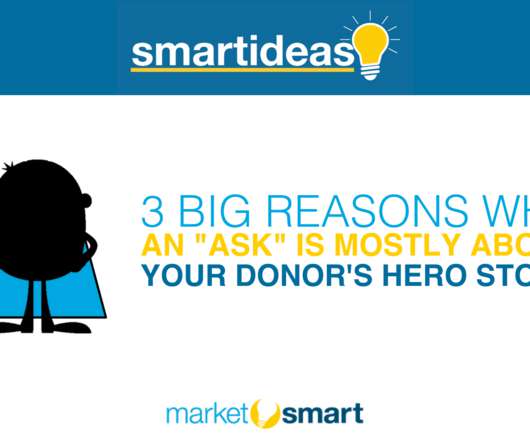
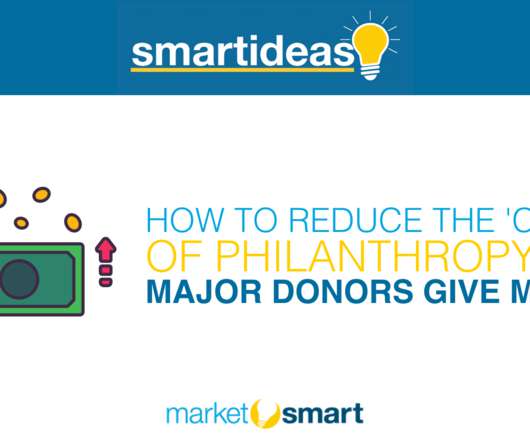
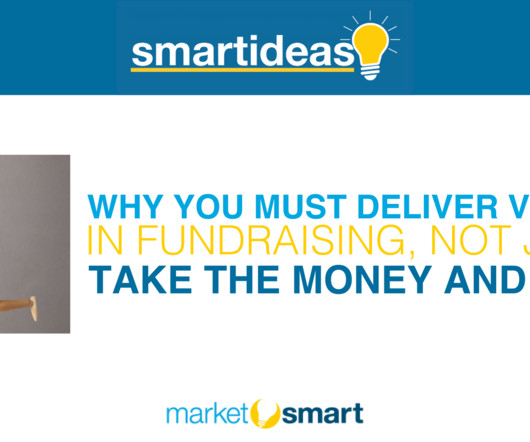
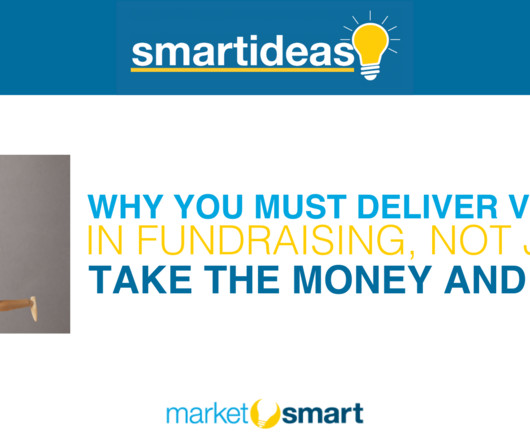
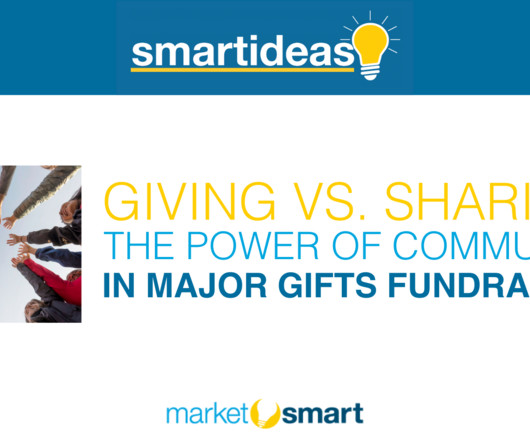






Let's personalize your content